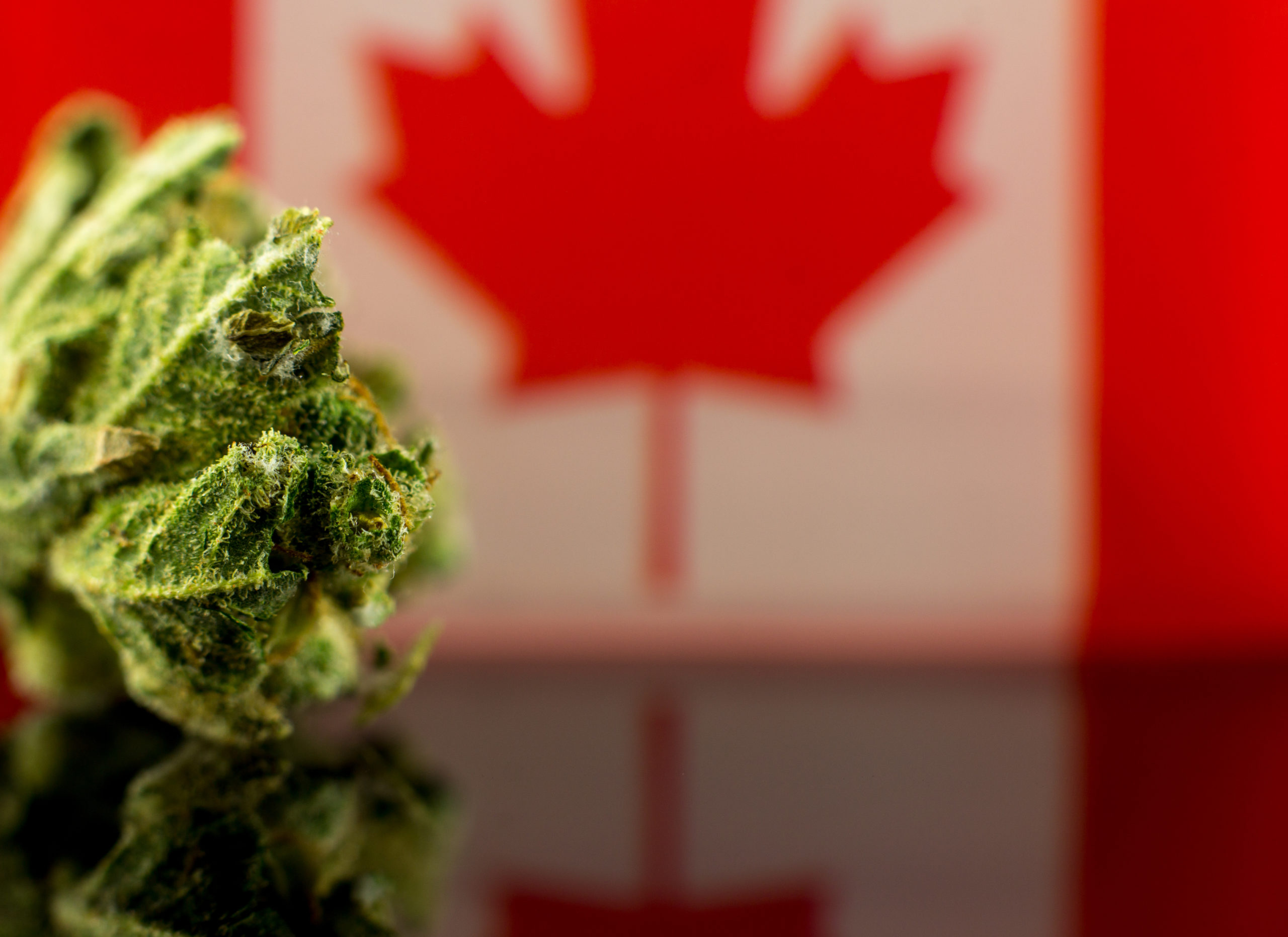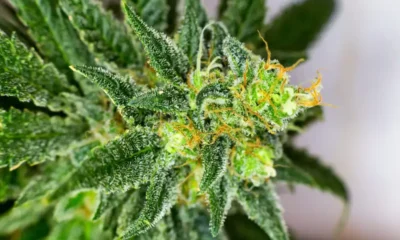Connect with us
Published
3 years agoon

As accessibility and social reform measures become increasingly more common in conversations surrounding legal cannabis, a recent agreement between the Mohawk Council of Kahnawà:ke (MCK) and Health Canada has made history.
MCK signed a Memorandum of Understanding (MOU) with Health Canada which would allow the Council to establish its own laws and regulations for cannabis sale and product within the MCK territory. This MOU is the first agreement of its kind between a First Nation and the Canadian government.
“This MOU is an important step in the ongoing work to create a safe, well-regulated industry within the Territory,” said Ietsénhaienhs Tonya Perron, who has been the lead on the cannabis file, according to the official release. According to Perron, the MOU sets out terms and conditions that will help facilitate the sharing of information between Health Canada and MCK, and between Health Canada and the Kahnawake Cannabis Control Board (KCCB), surrounding cannabis cultivation and processing licenses.
“The MOU encapsulates the harmonization of the dual licensing system in Kahnawà:ke, which requires the issuance of a licence from both the KCCB and Health Canada in order to cultivate and/or process cannabis legally within the Territory,” Perron said.
The dual-licensing system will require businesses to secure a license from both the KCCB and Health Canada to legally cultivate and/or produce cannabis within the territory. However, eventually, the goal would be that the Kahnawà:ke are able to legally regulate and operate their own cannabis businesses without the assistance of Health Canada.
“Within our cannabis control law it specifically states that the Health Canada permit is only necessary until we develop our own expertise in that area,” Perron said. “It’ll then be pushed out since there will be no need for it anymore.”
The MOU also provides for cooperation between Health Canada and KCCB surrounding inspections, information sharing between Health Canada and Peacekeepers and Health Canada providing assistance to the KCCB in acquiring more expertise in regard to the cannabis supply chain.
The Kahnawà:ke First Nation is located near Montréal, Québec near the St. Lawrence River. However, MCK already established a framework for the production and sale of cannabis in their terrority years prior to the signing of the MOU. Back in December 2018, MCK enacted the Kahnawà:ke Cannabis Control Law, aiming to protect the health and safety of their community through the restriction of access to cannabis and cannabis products and deterring the production and sale of illicit products within the territory.
Up until this point, many First Nations have been mostly left out of negotiations surrounding legal cannabis in Canada. Ultimately, this agreement could help usher in new opportunities for Canada’s Indigenous communities in the future.
According to BNN Bloomberg, because of how cannabis is governed federally and how the cannabis act in the country allows provinces and territories to independently manage cannabis, the country is left with a “grey area” in the place of First Nations within the cannabis sector, ultimately leading to unregulated dispensaries.
The dual-licensing program could essentially serve as a blueprint for other First Nations looking to enter the regulated industry and to host the production and cultivation of their cannabis.
The board also arranged that the MOU can be terminated at any time, though Perron emphasized the mutual sharing of information as crucial for MCK to be able to eventually do all of the work Health Canada is doing for health and safety surrounding cannabis.
“We want to be able to have our own people and our own full system in place for that,” Perron said.
Brandon Montour, a KCCB chairperson, echoed the sentiment, “We share many common objectives such as the safety of the community, the well-being of our youth, and the regulation of cannabis in a safe manner. We believe that this sharing of information will help meet all of these goals.”


New York Cannabis Control Board Approves 101 New Adult-Use Licenses


Killer Pharmacist Who Diluted Life-Saving Drugs To Be Freed From Prison


Doctors Join Call To Regulate Intoxicating Hemp Cannabinoids


Is Your Tesla Self-Driving Car Narcing You Out?


Psychedelics Offer Long-Term Improvement in Sexual Functioning, Enjoyment


March Marks New High for Cannabis Sales in Michigan
